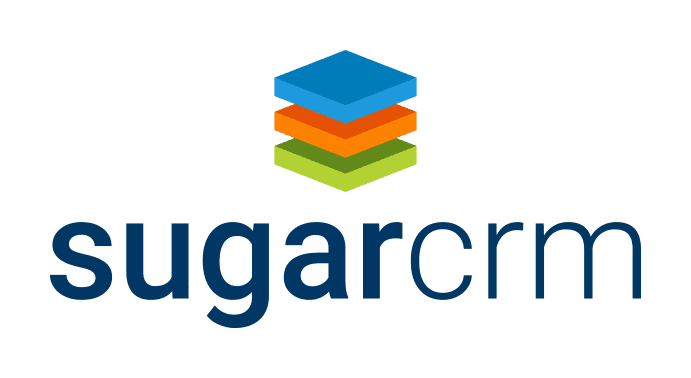In the first part of this series, we discussed how states that previously relied on a sales taxes are turning to service taxes to make up for a decreased buying power in specific goods. Consumers are now investing their hard earned dollars into services, like hair styling, dining out, personal training or streaming movies. As this trend continues, businesses need to know how and whether they will be affected. In this second part of the series, we will be looking at how states determine and define a tax on service.
Determining a Tax on a Service
States are taking two different approaches to sales tax on a service. The first is imposing a tax on specifically enumerated services, where all others will be exempt. The second is to impose a tax on all services, where only specifically enumerated services are exempt.
There are four states, Hawaii, New Mexico, South Dakota and West Virginia, who take the second approach. Colorado, Illinois, Massachusetts, Nevada and Virginia tax less than 20 services.
The overwhelming majority of states follow the first approach by taxing only specific services, while Alaksa, Delaware, Montana, New Hampshire and Oregon do not have a general sales tax.
[Need to Catch Up? Read Part One: Is Your Business Affected by Service Tax? Here]
How States Define Services
Depending on the type of service, it may or may not be service taxable. We usually don’t stop to think when we go to get a haircut whether this is a “personal service” or a “business service”, but the distinction can be important. There are generally four different types of services.
Business Services
These can typically be defined as something that is consumed B2B. These range from advertising and payroll services, to consulting and computer services. A few states known for taxing several different business services include Texas, New York and the District of Columbia.
Personal Services
This category is typically consumed by individuals. Consider any type of service that you usually deem a “luxury”, like hair care, tanning, or dry cleaning. Businesses, however, may also consume these types of services. A few states tax most personal services, but there are three states that tax all of them: Hawaii, New Mexico and South Dakota.
Professional Services
Any professional service is one that is performed by someone who needs special certifications; consider your doctor, dentist or attorney. These are usually consumed by both individuals and businesses. Taxability with these services is usually affected by tangible personal property tax in cases of architectural or engineering services. Hawaii, South Dakota and New Mexico are again the usual culprits in taxing majority of professional services, although states that typically don’t tax these services will tax the business inputs.
Repair, Maintenance and Installation Services
These services are where tangible personal property tax plays a huge role, because many of these services are applied to items like your refrigerator, car or home. If the tangible personal property is taxable, often times the service is taxable – and vis versa for situations where the property is exempt.
From a business perspective, it is crucial that services including charges on tangible personal property be stated on invoices because some states will exempt them if stated separately, but tax them if combined.
Tangible personal property can complicate taxability on services. Usually, whether the property is commercial or residential and if the project is considered new or a remodel can change taxes. To complicate things further, sometimes states can define construction in different ways.
To make this process of taxable or not-taxable a little easier, Avalara has created a comprehensive guide on “Service Taxability by State“. It breaks down which services are taxable in each of the 50 states.
Stay tuned for part three of the series, which will cover sourcing rules and how the rules are changing in the states.
This white paper will walk you through six of the biggest mistakes you can make in your ERP decision process and show you how you can avert them.Learn More Here

